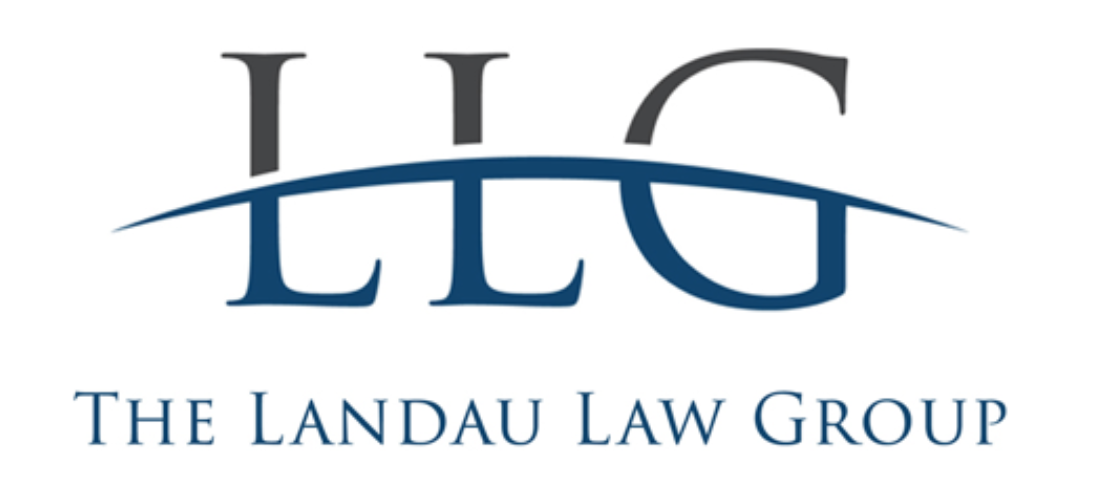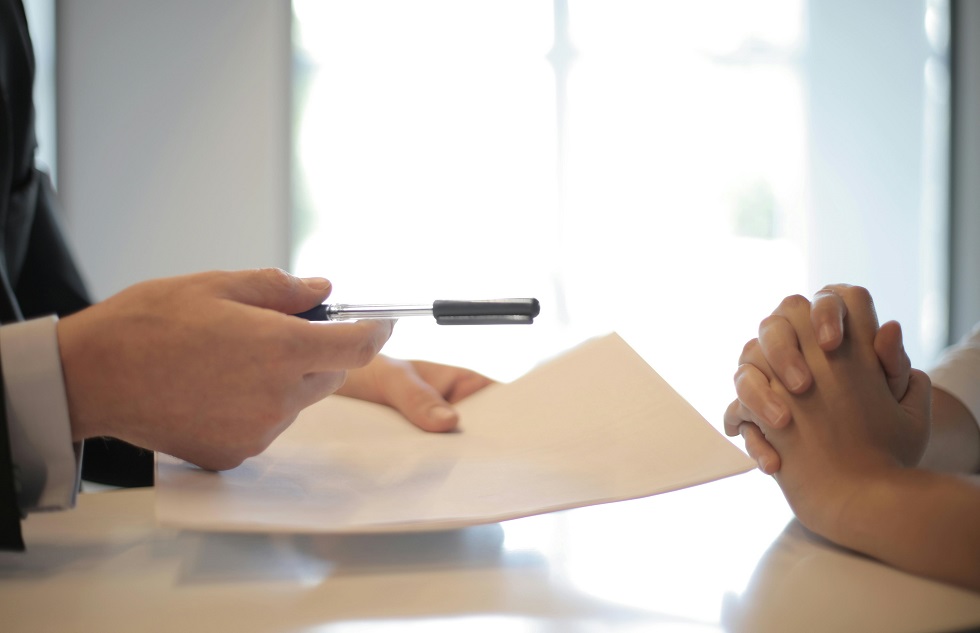As drivers, we all hope to never be involved in a car accident. However, accidents can happen to anyone, even the most cautious drivers. If you cause an accident, you will be held responsible for any property damage or injuries that occur. This is where property damage liability insurance (PDL) comes in.
In Florida, PDL is a mandatory part of car insurance coverage. It is designed to cover the cost of any property damage you may cause in an accident. This can include damage to other vehicles, buildings, fences, or any other property. Without PDL, you would be responsible for paying these costs out of pocket, which can be extremely expensive.
PDL only covers damage you cause to other people’s property. It does not cover damage to your own vehicle or property. For this reason, many drivers choose to add collision coverage to their policy, which will cover the cost of repairs to their own vehicle in the event of an accident.
An Overview of Property Damage Liability (PDL) Coverage
As a driver in Florida, you need to understand the different types of car insurance coverage available to you. One of these types is Property Damage Liability (PDL) coverage. This coverage is required by law in Florida and is designed to protect you financially if you cause damage to someone else’s property while driving.
PDL coverage pays for the cost of repairing or replacing someone else’s property that you damage in an accident. This can include damage to their car, as well as damage to other types of property such as fences, buildings, or even landscaping.
PDL coverage only covers damage that you are responsible for. If someone else causes damage to your property, their insurance would be responsible for covering the cost of repairs or replacement.
The minimum amount of PDL coverage required by law in Florida is $10,000. However, it is recommended to have higher limits of coverage to ensure that you are fully protected in the event of an accident.
When shopping for car insurance, be sure to compare different policies and their PDL coverage limits. Some policies may offer higher limits of coverage at a slightly higher premium, which may be worth the investment for added peace of mind.
Coverage Details of Property Damage Liability (PDL) in Florida
We understand that it can be confusing to navigate the details of insurance coverage, especially when it comes to Property Damage Liability (PDL) in Florida. That’s why we’ve put together this section to help you understand the coverage details of PDL insurance in Florida.
As we mentioned earlier, PDL coverage is a type of auto insurance that covers damages to someone else’s property in the event of an accident. In Florida, PDL coverage is required by law. The minimum amount of PDL coverage required in Florida is $10,000.
PDL coverage only covers damages to other people’s property, not your own. If you want coverage for damages to your own vehicle, you’ll need to purchase additional coverage, such as collision coverage.
PDL coverage can cover a variety of types of property damage, such as damage to another person’s vehicle, as well as damage to other types of property, such as buildings, fences, and landscaping. However, it’s important to note that PDL coverage does not cover bodily injury or medical expenses. If you want coverage for bodily injury or medical expenses, you’ll need to purchase additional coverage, such as Personal Injury Protection (PIP) coverage.
When you purchase PDL coverage in Florida, review your policy carefully to understand what is and isn’t covered. Some policies may have exclusions or limitations that you should be aware of. Additionally, make sure that you have enough coverage to protect you in the event of an accident. If you cause more damage than your PDL coverage limit, you could be held personally responsible for the remaining damages.
Required Amounts of Property Damage Liability (PDL) Coverage in Florida
When it comes to property damage liability (PDL) coverage, Florida law requires drivers to carry a minimum amount of coverage. This type of coverage is designed to protect you financially in the event that you cause damage to someone else’s property while driving.
In Florida, the minimum required amount of PDL coverage is $10,000. This means that if you are found to be at fault for an accident that causes damage to another person’s property, your insurance will cover up to $10,000 in damages.
This coverage only applies to damage caused to other people’s property, not your own. If you want to protect your own property, you will need to purchase additional coverage, such as collision or comprehensive coverage.
It’s also worth noting that while the minimum required amount of PDL coverage is $10,000, you may want to consider purchasing more coverage than this. If you cause an accident that results in more than $10,000 in damages, you will be responsible for paying the difference out of pocket. By purchasing additional coverage, you can protect yourself financially in the event of a more serious accident.
Determining Your PDL Coverage Needs in Florida
When it comes to determining your PDL coverage needs in Florida, consider a few key factors. These factors can help you determine the right level of coverage to protect yourself and your assets in the event of an accident.
First, you’ll want to consider the value of your assets. This includes your home, car, and any other property you own. If you have significant assets, you need to be sure you have enough PDL coverage to protect them in the event of an accident.
Next, you’ll want to consider your driving habits. If you frequently drive in areas with heavy traffic or high accident rates, you may want to consider purchasing additional PDL coverage to protect yourself in the event of an accident.
Consider your budget when determining your PDL coverage needs. While it’s important to have enough coverage to protect your assets, you don’t want to overspend on insurance premiums. We recommend working with a reputable insurance agent to help you determine the right level of coverage for your needs and budget.
Determining your PDL coverage needs in Florida requires careful consideration of your assets, driving habits, and budget. By taking these factors into account, you can ensure that you have the right level of coverage to protect yourself and your assets in the event of an accident.
Advantages and Disadvantages of Property Damage Liability (PDL) Coverage
Advantages of PDL Coverage
- Protects your assets: Having PDL coverage can protect your personal assets, such as your home or savings, from being seized to pay for damages you caused in an accident.
- Affordable: PDL coverage is generally more affordable than other types of car insurance coverage, such as collision or comprehensive coverage.
- Legal requirement: In Florida, PDL coverage is a legal requirement, so having it ensures that you are driving legally and won’t face penalties or fines.
Disadvantages of PDL Coverage
- Limited coverage: PDL coverage only covers damage to someone else’s property, not your own. If you are in an accident and your car is damaged, you will need to have collision coverage or pay for the repairs out of pocket.
- Low coverage limits: PDL coverage typically has lower coverage limits than other types of car insurance coverage. In Florida, the minimum PDL coverage limit is $10,000, which may not be enough to cover the cost of damages in a serious accident.
- No coverage for bodily injury: PDL coverage does not cover bodily injury, which means that if you or someone else is injured in an accident, you will need to have bodily injury liability coverage or pay for medical expenses out of pocket.
When to Hire a Personal Injury Attorney in Florida
At Landau Law, we recommend hiring a personal injury attorney as soon as possible after an accident that results in property damage. While you may be tempted to handle the situation on your own, having an experienced attorney on your side can greatly increase your chances of receiving fair compensation for your damages.
One of the main reasons to hire a personal injury attorney is to ensure that you are not taken advantage of by insurance companies. Insurance adjusters are trained to minimize the amount of money that the insurance company pays out, and they may try to pressure you into accepting a settlement that is much lower than what you deserve. With an attorney on your side, you can be sure that your rights are protected and that you receive fair compensation.
Another reason to hire a personal injury attorney is that they can help you navigate the complex legal system. Laws and regulations related to personal injury cases can be confusing and difficult to understand, especially if you have no legal background. An attorney can explain the legal process to you, help you gather evidence to support your case, and represent you in court if necessary.
If you have been involved in an accident that resulted in property damage in Florida, we strongly recommend that you hire a personal injury attorney as soon as possible. Doing so can help ensure that your rights are protected and that you receive fair compensation for your damages.
Contact us today for a free case consultation!
Florida Property Damage Lawyers
Hurricane Damage Blog Posts
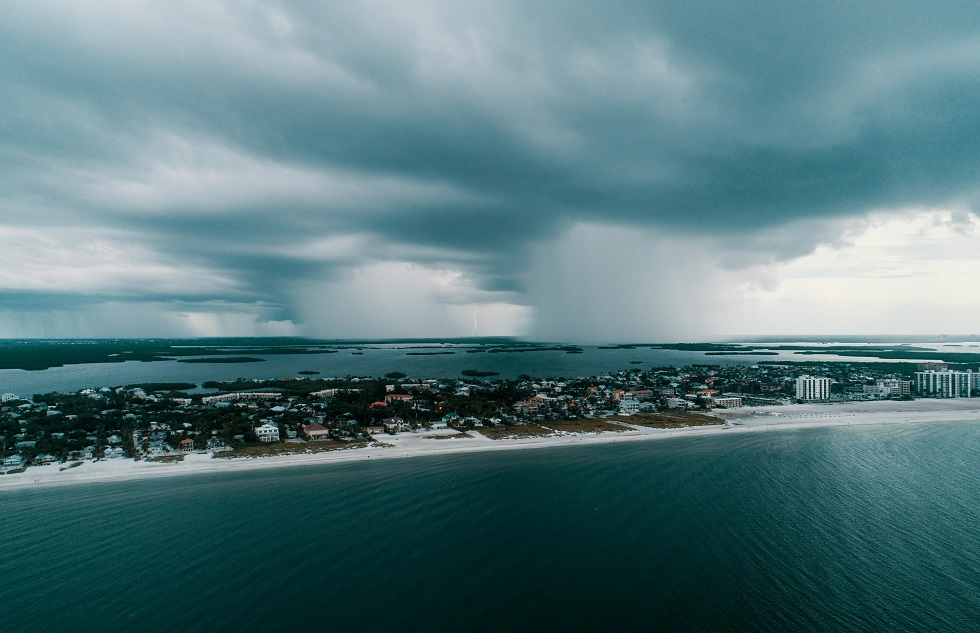
Why Does Florida Have So Many Hurricanes?
Florida is renowned for its beautiful beaches, vibrant culture, and, unfortunately, its frequent encounters with hurricanes. The state's unique geographical location and climate conditions make it particularly vulnerable to these powerful storms. Florida's position on...
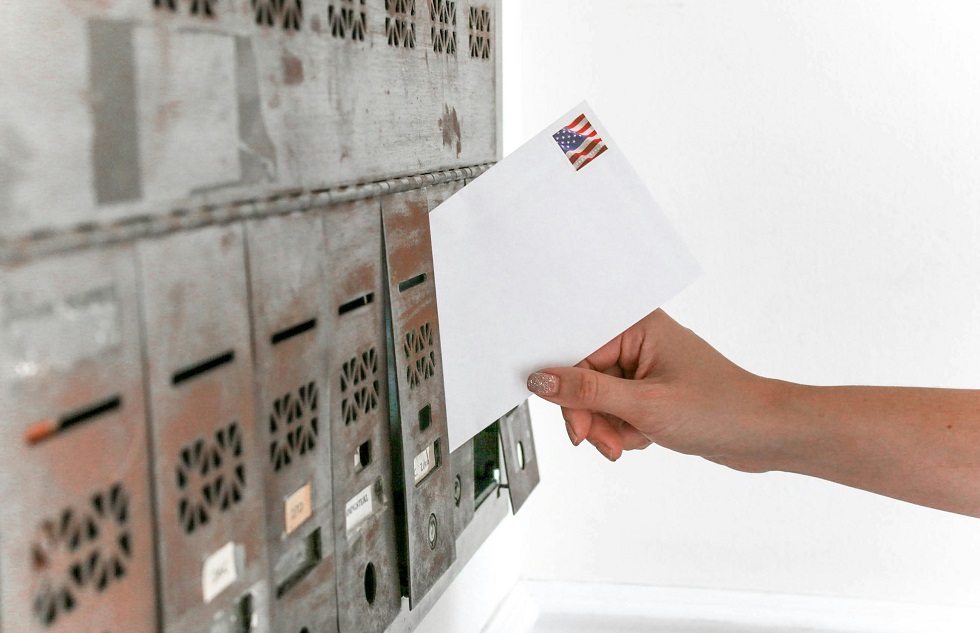
What To Do If You’re Denied Hurricane Damage Claim For Home
Hurricane damage can be devastating for Florida homeowners, leaving them in a state of distress and financial uncertainty. When insurance claims for such damage are denied, it adds another layer of stress to an already difficult situation. Facing a denied claim...
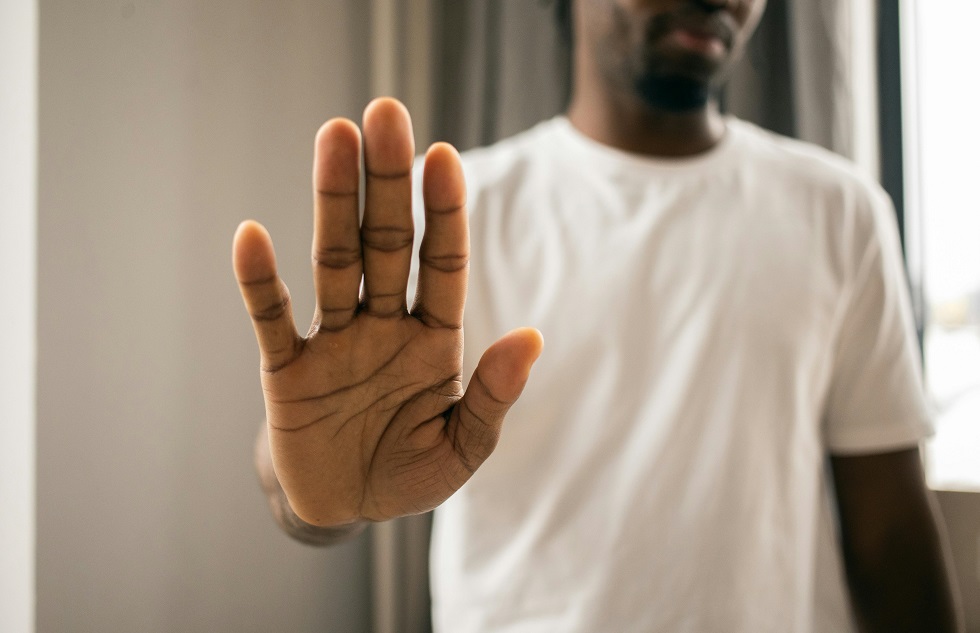
Common Reasons Your Florida Hurricane Damage Insurance Claim May Be Denied
Florida homeowners face a daunting challenge when their hurricane damage insurance claims are denied. Understanding the common reasons for these denials can help you navigate the claims process more effectively. Insurance companies may deny claims due to inadequate...
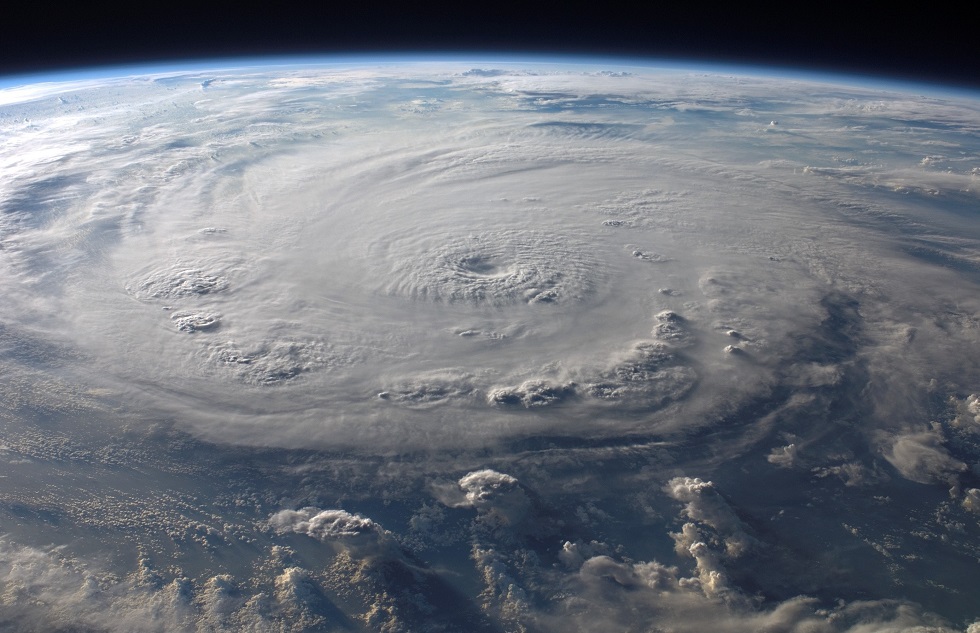
Before and After a Storm Hits: What You Need To Know
Property Insurance laws have changed and so has the language in most policies. Make sure you’re prepared before the next storm hits. Understanding how the law changes will impact you and knowing what your policy actually covers (and doesn’t) is critical. That’s why...
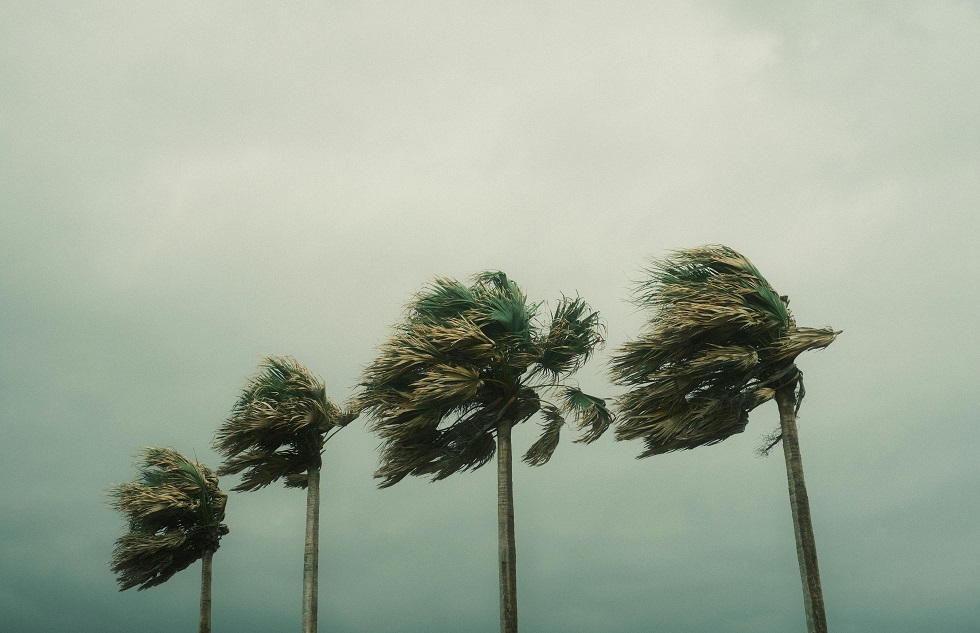
What Does Hurricane Insurance Cover in Florida?
As Floridians, we understand the unique challenges that come with living in a hurricane-prone area. Hurricane insurance in Florida typically covers damage to our homes and personal property caused by hurricanes, including wind damage and, in some cases, flooding. It's...
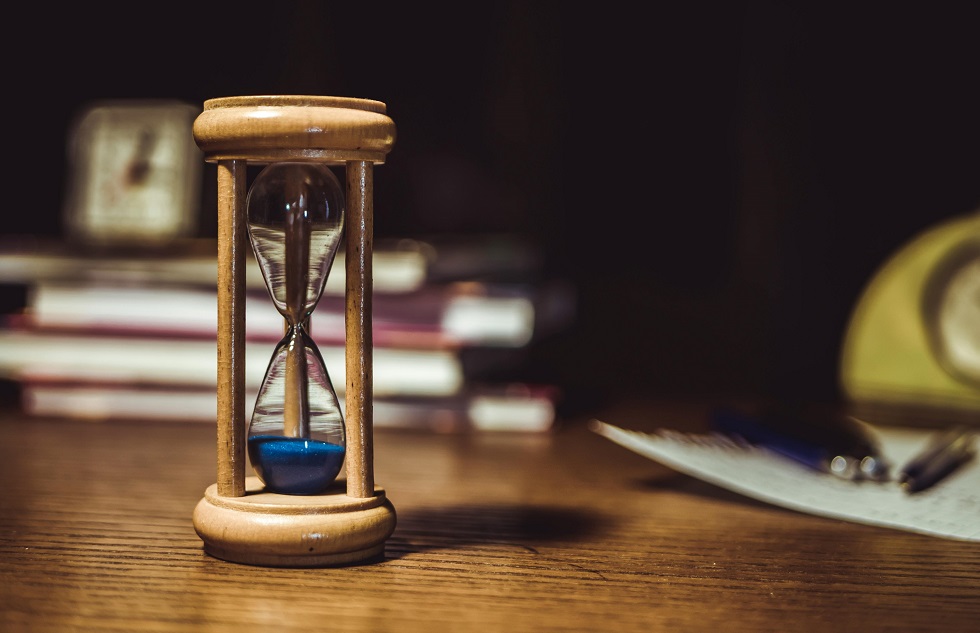
How Long Does an Insurance Company Have to Settle a Hurricane Claim in Florida?
When it comes to hurricane damage in Florida, insurance claims are a common occurrence. However, many people are left wondering how long it takes for an insurance company to settle a hurricane claim. The answer to this question is not always straightforward, as it can...
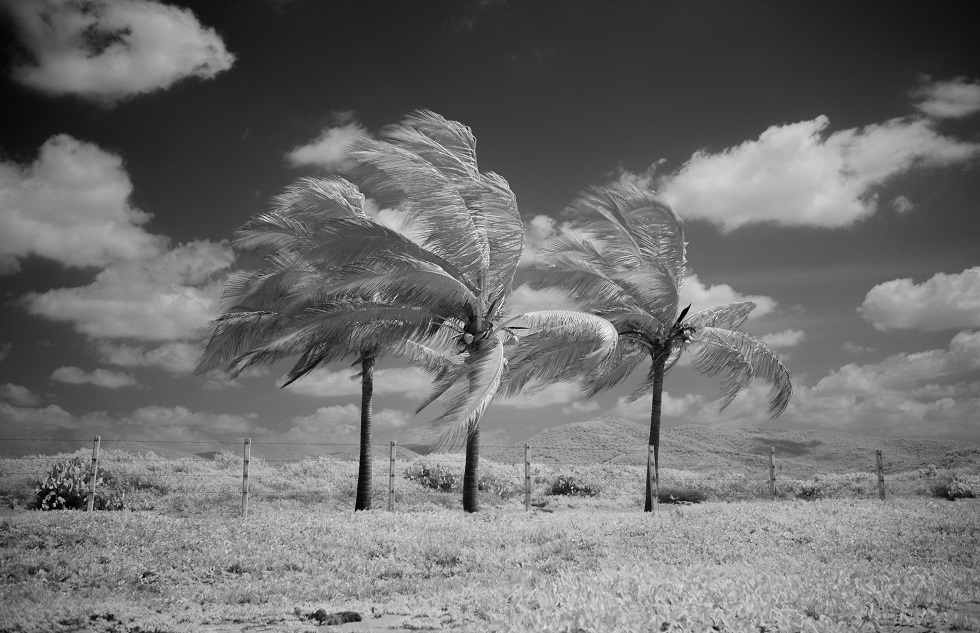
How to File a Hurricane Insurance Claim in Florida
Filing an insurance claim after a hurricane can be a daunting task, especially if you're a Florida resident. With the increasing frequency of hurricanes in Florida, homeowners need to know how to file a hurricane insurance claim effectively. In this blog post, we will...
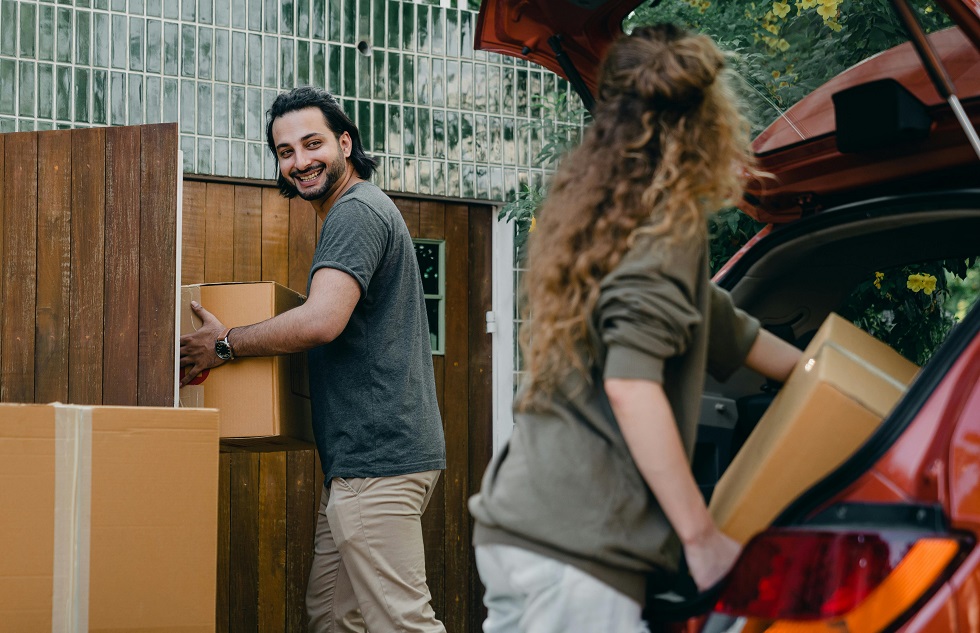
Renters Insurance For Florida Hurricane Coverage
Learn about the ways that renters insurance can help protect you after hurricane damage Renters insurance is a type of insurance policy that covers the personal property and liability of a renter. It can provide peace of mind in the event of a disaster, such as a...



